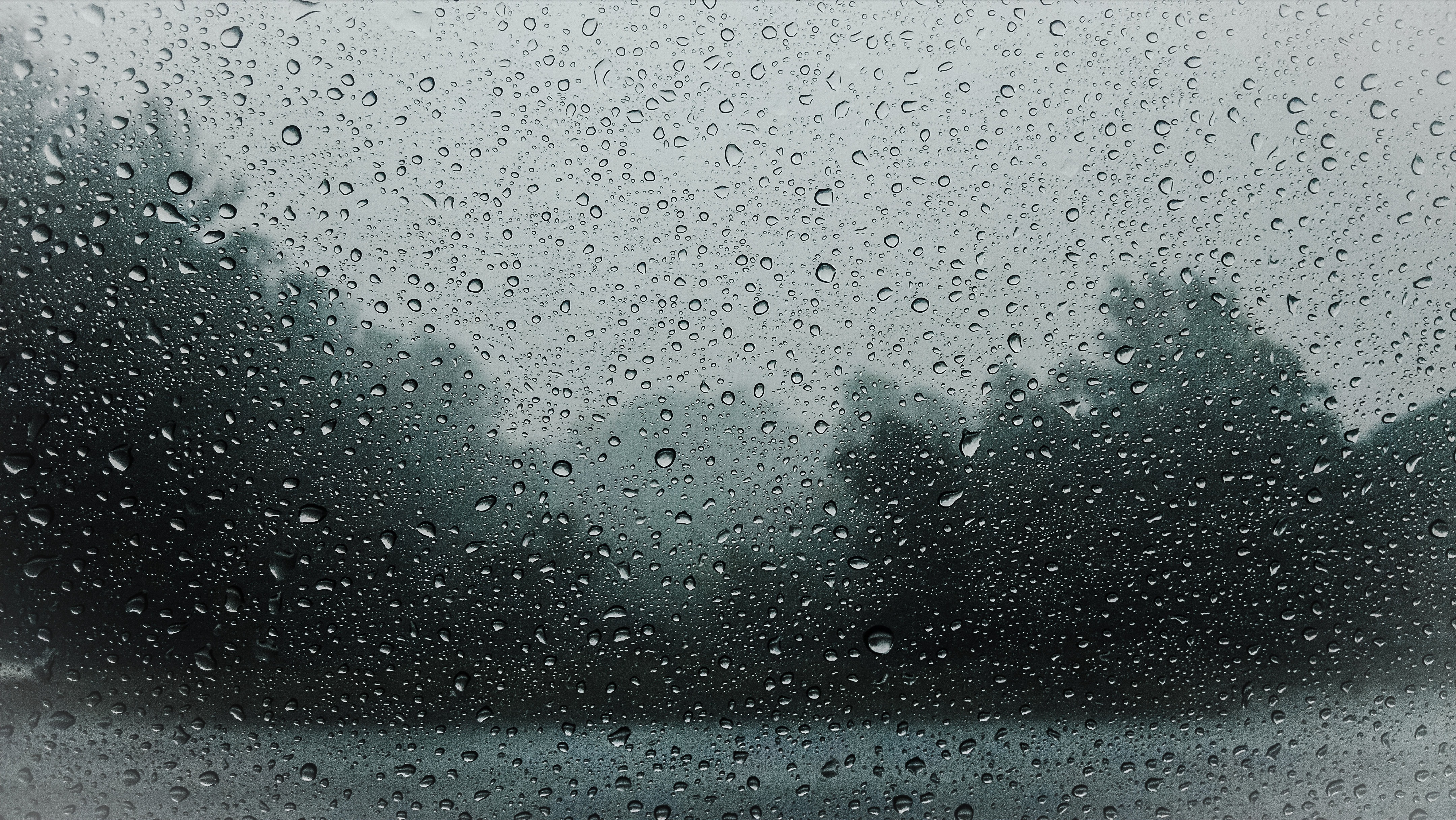
People with addictions living in communities heavily impacted by Cyclone Gabrielle may now be experiencing a forced break from drug use.
Some of those people may be experiencing withdrawal. If you know someone in that position, check in with them. If you are experiencing withdrawal from a substance yourself - here are some tips on getting through:
1. Withdrawal from heavy use of alcohol, opioids, or benzodiazepines can require medical assistance.
Consider rationing any existing supplies you have to prevent you from needing medical attention. If you or someone you know is experiencing any of the following, call 111:
- extreme confusion and disorientation
- seeing, hearing, or feeling things that aren’t there
- rapid heart beat
- seizures.
2. Keep accessing health care if possible.
Pharmacies are essential health services that are doing everything they can to continue providing medication (including opioid substitution therapy) and needle exchanges.
3. Methamphetamine withdrawal
Meth withdrawal is likely to make you extremely tired for the first three days, and feel extremely restless and irritated afterwards (usually peaking at about five days after your last use). Most people can withdraw from methamphetamine without needing medical help, but if you are struggling and can get to a health service, some medications can help you manage withdrawal symptoms.
4. Try find a safe and comfortable place to be during this time.
Most withdrawal symptoms can be self-managed. This workbook is useful and more information is here.
5. Let the people around you know what you’re experiencing
That way, your friends and whānau can understand and support. If phone services are restored, call the alcohol drug helpline for support on 0800 787 797.
6. In general – resting, eating, and staying hydrated helps to manage most unpleasant withdrawal symptoms.
7. If you experience soreness, it can be dealt with the same way as other muscle aches (heating or cooling the area, g. a hot water bottle or ice pack).
8. Cravings are common, but there are ways to manage them.
These tend to pass in a few minutes if you can avoid focusing on it. Distracting yourself with music or being around people, slowing down your breathing, and drinking water can help.
9. Consider using less if/when you drink alcohol or use a drug again.
You and your body have been through a lot and may not be ready to have as much as you used to.
Please act with compassion towards people experiencing withdrawal.
Alcohol and other drug withdrawal symptoms
Common |
Uncommon |
Severe |
Stay home & rest |
See your doctor |
Call 111 |
Methamphetamine withdrawal: what to expect
First three days |
First week |
Following weeks |
It can take many months for your brain to adjust from regular methamphetamine use |
During the time you may find you are more impulsive, have strong emotions, and find it difficult to predict the consequences of your actions. Be kind to yourself and try to stay in contact with people who understand and can support you. |
If you experience uncommon symptoms like vomiting or diarrhoea, or have suicidal thoughts - Call your doctor or the Alcohol Drug Helpline |
Related stories
Recent stories
Potent opioid found in fake diazepam
Blue fake diazepam pills that actually contain a potent synthetic opioid called N-Desethyletonitazene are being sold in New Zealand.
Fill me in: Common drug fillers and binders
Drugs are often diluted or ‘cut’ with fillers, like lactose or sugar. We take a look at some of the most common fillers and what the risks are.
What we learnt from checking 2602 drugs last year
Nearly 1 in 5 drugs were different to what the person thought they had